The U.S. Navy will not repair the amphibious assault ship Bonhomme Richard, which burned for more than four days this summer in San Diego.
In the end, resurrecting the devastated large-deck amphib would have been too costly, Rear Adm. Eric Ver Hage, commander of the Navy Regional Maintenance Center, told reporters Monday.
The extensive damage to the flattop’s flight deck, island, mast and lower levels from the July 12 inferno would have required about 60 percent of the ship to be replaced, Ver Hage said.
To rebuild and repair the 22-year-old amphib would have cost between $2.5 billion and $3.2 billion, and would have taken five to seven years, he said.
To turn the stricken amphib into a hospital ship would have cost more than $1 billion and taken the same amount of time, he said.
RELATED
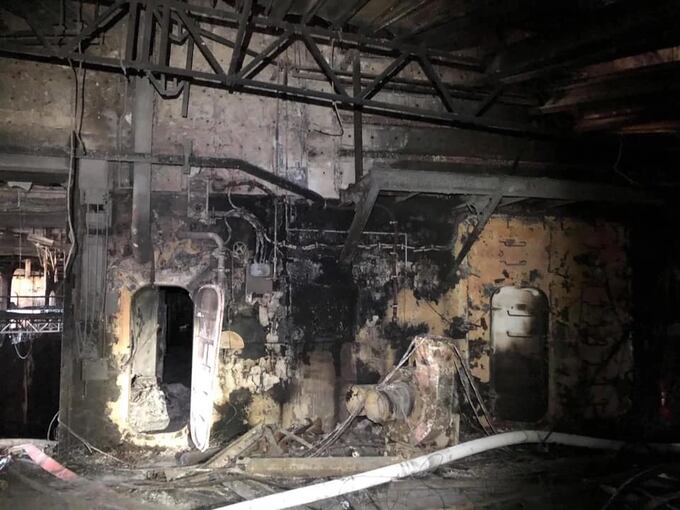
By contrast, decommissioning the ship will cost roughly $30 million and will be implemented over the next nine to 12 months, Ver Hage said.
Details on where the ship will be decommissioned and scrapped are pending, he added.
The ignominious loss of one of the Navy’s mightiest symbols of sea power came after Bonhomme Richard had already been in the shipyard for 18 months, undergoing $250 million worth of upgrades to accommodate the F-35B joint strike fighter.
“It was a pretty substantial investment,” Ver Hage said of those upgrades. “Clearly a loss.”
The Navy is conducting four separate investigations into the fire, including a criminal probe into whether the inferno was caused by arson.
Ver Hage declined to comment Monday on the status of those investigations.
The ship will likely be stripped of all usable parts in San Diego before it is eventually towed to the Gulf Coast for decommissioning, he said.
Bonhomme Richard’s crew, which fought the blaze for days, will be notified today of the ship’s final fate, Ver Hage said, and Naval Surface Forces will decide where each sailor is sent next.
RELATED
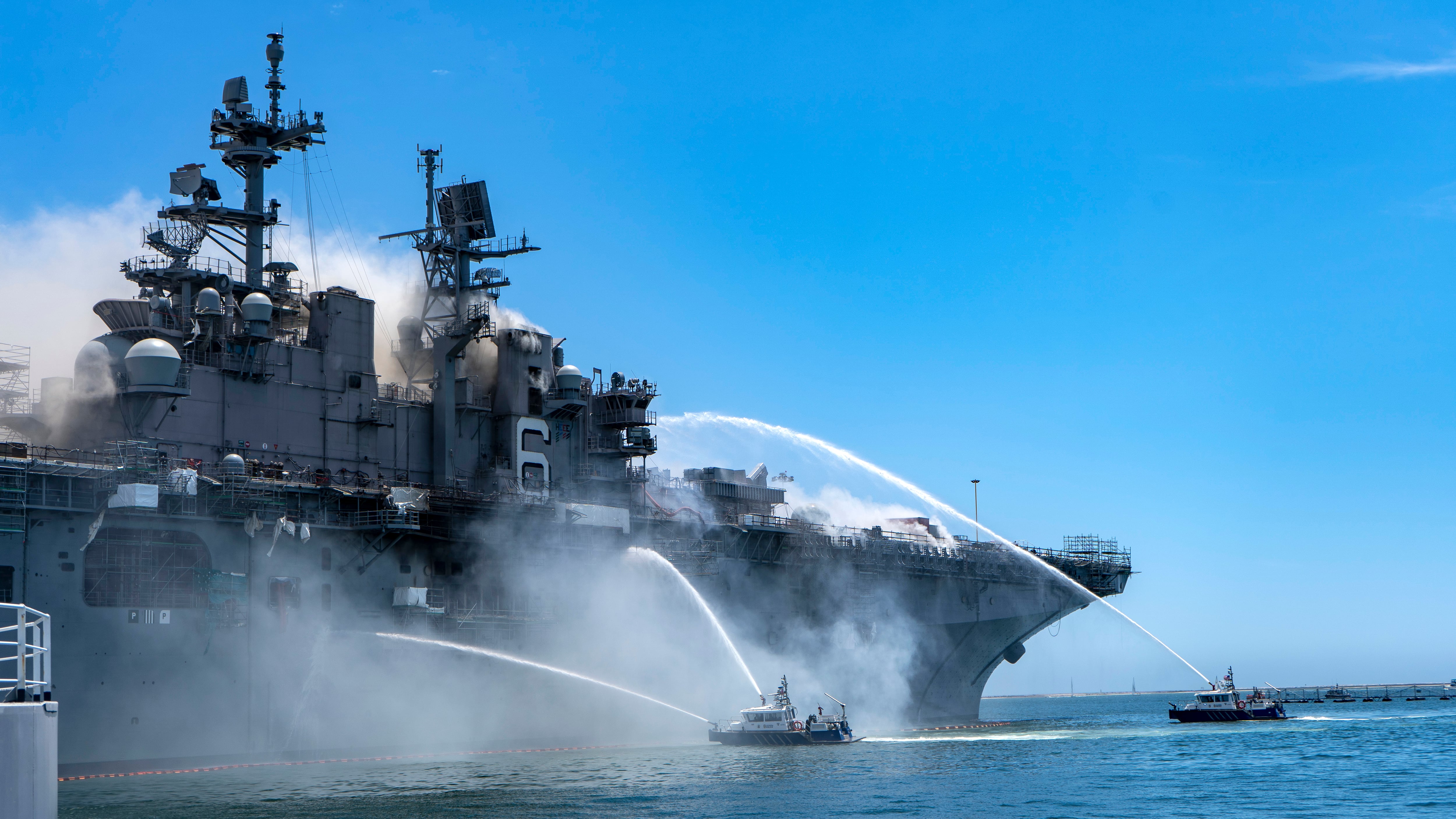
Part Marine Corps transporter, part light carrier, the Bonhomme Richard’s end is not surprising given the damage and repair costs, retired Navy officers told Navy Times Monday.
“It’s doubly unfortunate because the ship had just completed an extensive modernization,” Bradley Martin, a retired surface warfare officer and senior policy researcher at the Rand Corp., said in an email. “The Navy will likely manage the operational impact by tasking other ships, and this is exactly the dynamic that leads to long-term readiness problems.”
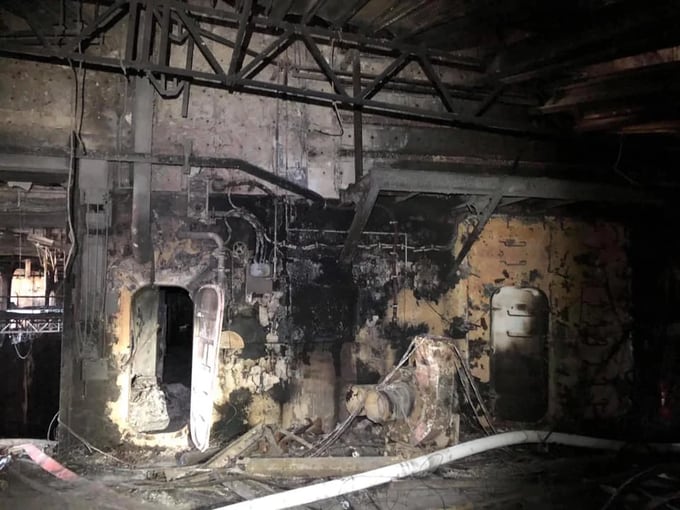
“I’ll just say this is a very bad outcome,” he added.
The Navy faced an insurmountable task in trying to get Bonhomme Richard mission capable once again, according to Larry Brennan, a retired captain who teaches admiralty and maritime law at Fordham Law School.
“The flight deck and hangar deck were heat damaged and probably damaged beyond proper repair or the ability to withstand combat damage,” Brennan told Navy Times in an email Monday. “The magazines and areas for stowage of munitions and fuel may not have been properly repairable. Also, the damage caused by the firefighting may have had long term adverse impact.”
Because the Naval Criminal Investigative Service’s investigation into the fire reportedly involves potential arson, Brennan said the need to preserve evidence would delay repairs or cleaning the hull for reconstruction work.
“The defense would be entitled to examine and have its expert witnesses view the wreck,” he added. “The government is precluded, under the doctrine of spoliation of evidence, from destruction or alteration of the evidence.”
NCIS declined comment Monday.
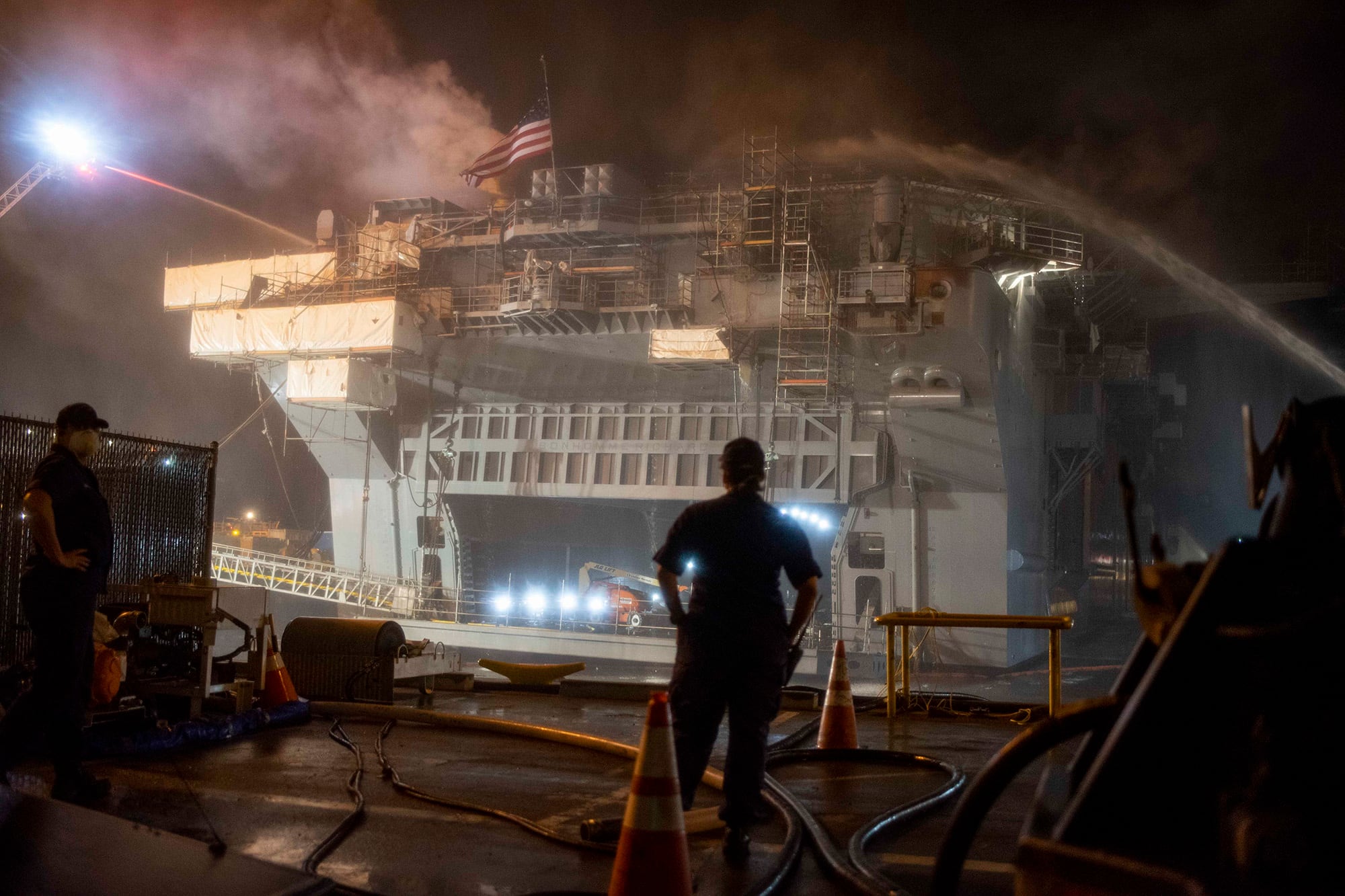
Bonhomme Richard was one of four large-deck amphibs to have received the F-35B upgrade and its loss will likely muck up a deployment model that involves having four such ships at various stages of readiness.
The amphib Boxer is also slated to receive the F-35 upgrades, the Navy announced earlier this year.
“Only half of (the Navy’s 10 amphibs) are able to carry F-35B and the Marines are looking to reduce their land-based squadrons,” Bryan Clark, a retired submarine officer and senior fellow at the Hudson Institute, told Defense News this summer. “So the loss of Bonhomme Richard will impact the Navy’s ability to provide combatant commanders sea-based F-35s not subject to host-nation approval.”
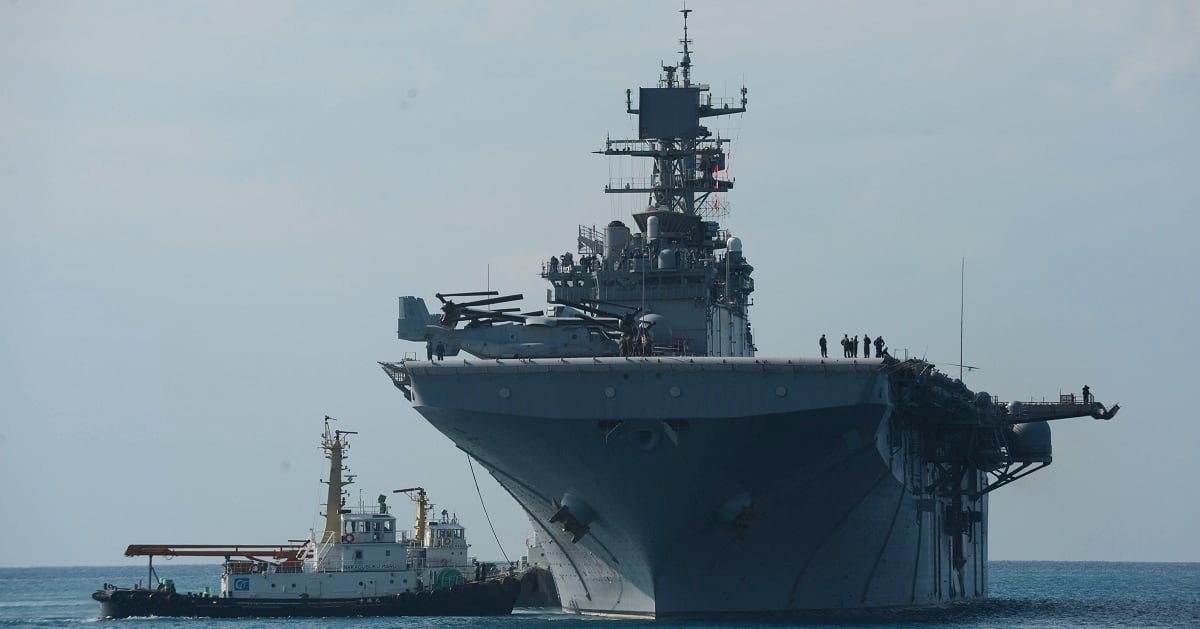
Geoff is the managing editor of Military Times, but he still loves writing stories. He covered Iraq and Afghanistan extensively and was a reporter at the Chicago Tribune. He welcomes any and all kinds of tips at geoffz@militarytimes.com.



